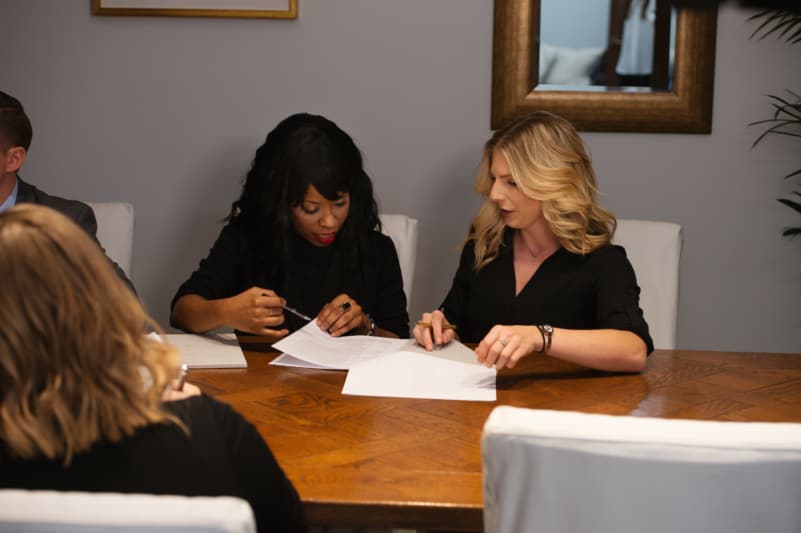
At some point during the prosecution of your case, you will likely hear the term “expert witness” used. An expert witness is an individual who possesses professional expertise in a particular subject matter relating to your case by virtue of their knowledge, education, and/or training. As such, expert testimony, in most cases, is not only required, but also lends credibility to your claim in the eyes of the jury.
Generally speaking, there are two different types of experts: consulting experts and testifying experts. A consulting expert’s primary responsibilities are to assist the trial lawyers working on your case to ensure that all aspects of your case are being fully investigated and pursued. For example, if you suffered a catastrophic injury, a consulting medical expert can assist your trial team in ensuring that you have received all the appropriate medical care and treatment necessary to fully understand the extent of your injuries. Additionally, consulting experts assist your trial team in not only assessing the strengths of your case, but also any areas of concern. This, in turn, allows for a dialogue to explore and assess alternative lines of inquiry and theories in prosecuting your claims, as well as countering any defenses. Because consulting experts do not testify at trial, a consulting expert is a valuable asset in developing trial strategy.
The role of the testifying expert, while similar to that of a consulting expert, is more objective. The testifying expert is the professional who will assist the jury at trial in reaching the proper conclusions at trial. The testifying expert will assess all of the pertinent facts of your case and provide an expert opinion based upon the same. An important distinction between a consulting expert and testifying expert is that conversations with the consulting expert are privileged, meaning the defendant cannot learn of their content, whereas conversations with a testifying expert are subject to discovery by the defendant.
Because testifying experts are providing their opinions at trial, they, unlike consulting experts, are subject to a challenge of their qualifications through either a Daubert or Frye challenge. These challenges by the defendant focus not only on the expert’s qualifications, but also the reliability of their opinions. Once the defendant challenges an expert’s testimony, the expert could be stricken by the court and the expert’s testimony excluded from trial.
Given the significant risks associated with hiring an unqualified expert, it is important to hire a lawyer that has an established network of qualified and reliable experts, and similarly, is able to appropriately vet any potential new experts. Please do not attempt to determine if you have a compensable case. You must consult a relevant liability attorney who has the expertise and extensive knowledge necessary to determine who ultimately caused the harm and injuries you or a loved one suffered.
Contact us for a free case evaluation here.
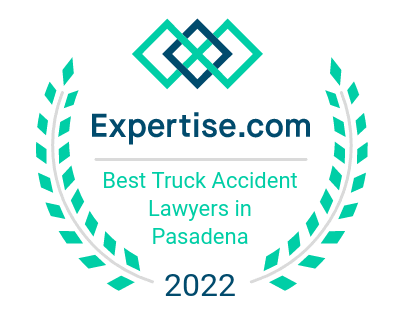 Top Truck Accident Lawyer in Pasadena
Top Truck Accident Lawyer in Pasadena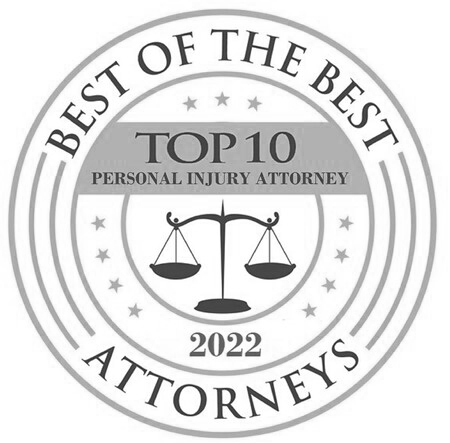 Best of The Best Attorneys
Best of The Best Attorneys Best of the Best Houston Chronicle 2021
Best of the Best Houston Chronicle 2021 Best Motorcycle Accident Lawyers in Houston 2021
Best Motorcycle Accident Lawyers in Houston 2021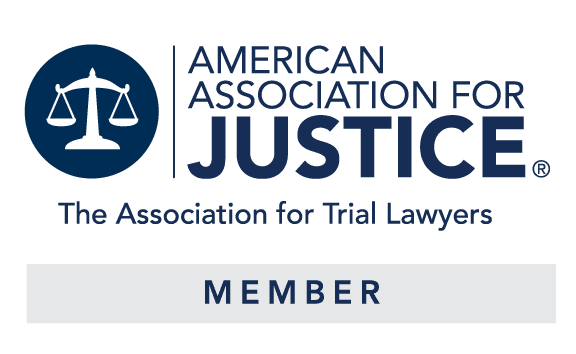 American Association for Justice Member
American Association for Justice Member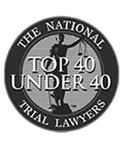 The National Trial Lawyers 2016 – (Top 40 under 40)
The National Trial Lawyers 2016 – (Top 40 under 40)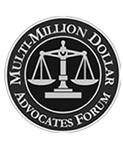 Multi-Million Dollar Advocates Forum 2016 (Top Trial Lawyer)
Multi-Million Dollar Advocates Forum 2016 (Top Trial Lawyer)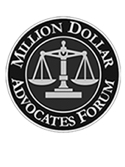 Million Dollar Advocates Forum 2019 (Top Trial Lawyer)
Million Dollar Advocates Forum 2019 (Top Trial Lawyer)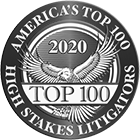 America’s Top 100 Attorneys 2020 (High Stake Litigators)
America’s Top 100 Attorneys 2020 (High Stake Litigators)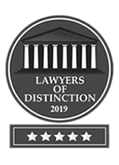 Lawyers of Distinction 2019, 2020 (Recognizing Excellence in Personal Injury)
Lawyers of Distinction 2019, 2020 (Recognizing Excellence in Personal Injury)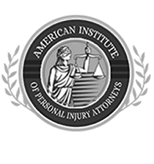 American Institute of Personal Injury Attorneys 2020 (Top 10 Best Attorneys – Client Satisfaction)
American Institute of Personal Injury Attorneys 2020 (Top 10 Best Attorneys – Client Satisfaction) American Institute of Legal Advocates 2020 (Membership)
American Institute of Legal Advocates 2020 (Membership)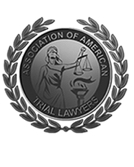 Association of American Trial Lawyers 2018 - Top 100 Award recognizing excellence in personal injury law
Association of American Trial Lawyers 2018 - Top 100 Award recognizing excellence in personal injury law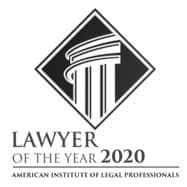 American Institute of Legal Professionals 2020 (Lawyer of the Year)
American Institute of Legal Professionals 2020 (Lawyer of the Year) Lead Counsel Verified Personal Injury 2020
Lead Counsel Verified Personal Injury 2020 The Houston Business Journal 2021
The Houston Business Journal 2021